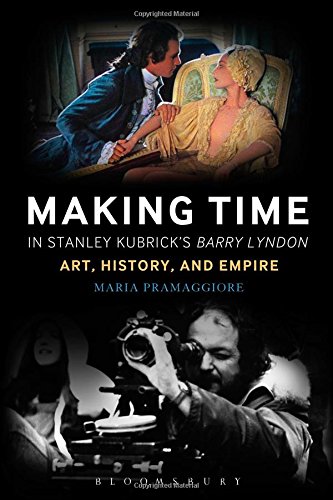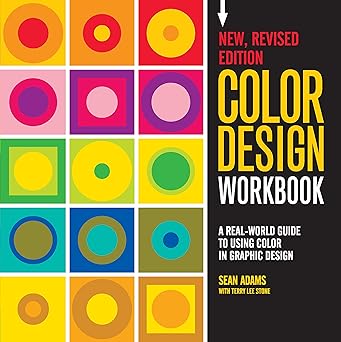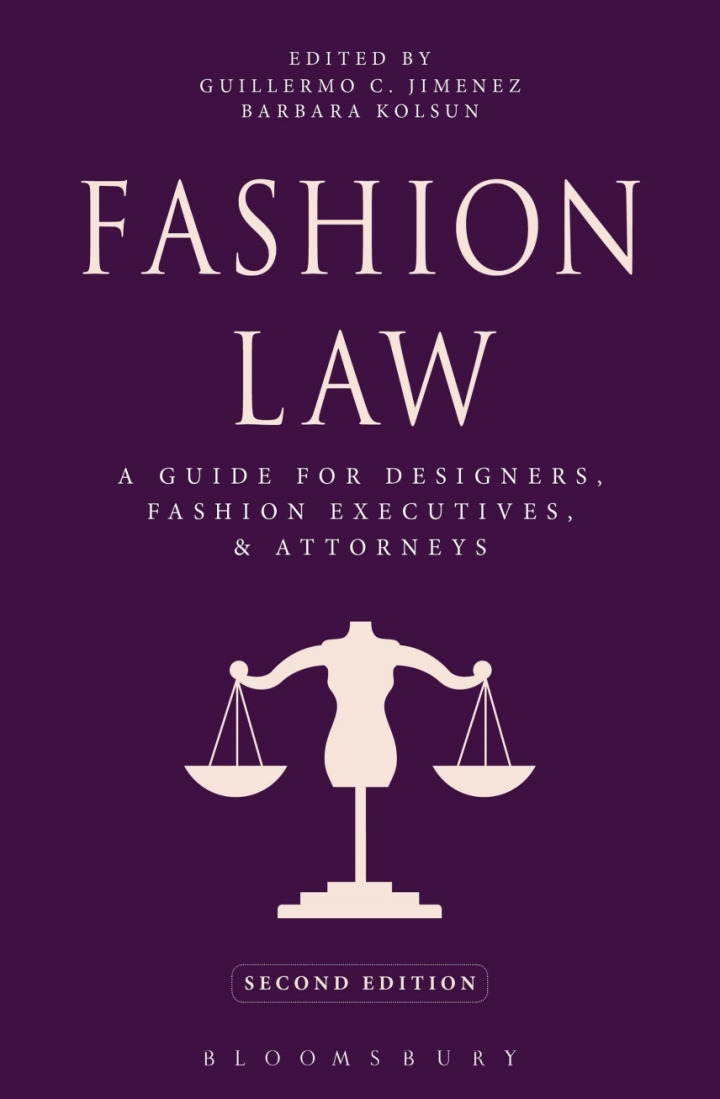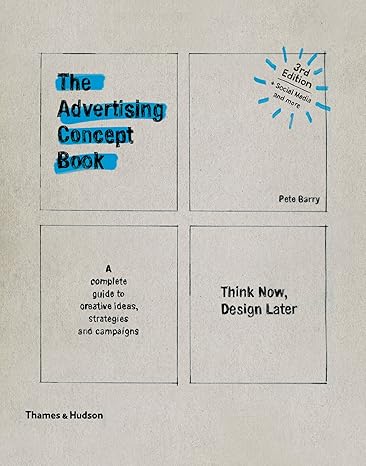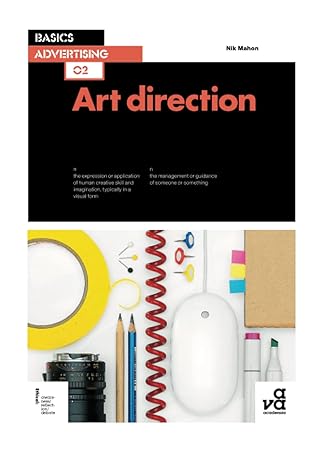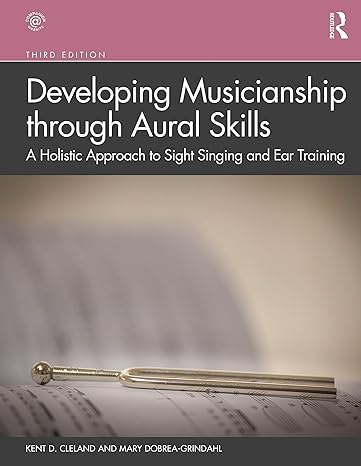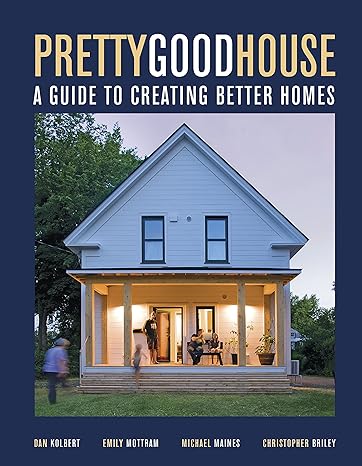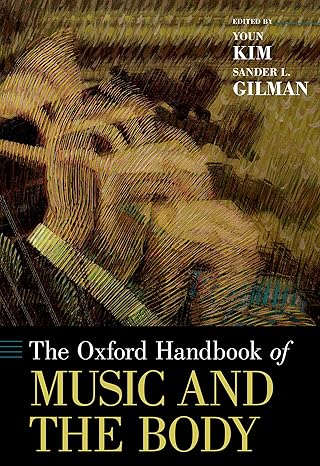Considered by critics to be Stanley Kubrick's masterpiece, Barry Lyndon has suffered from scholarly and popular neglect. Maria Pramaggiore argues that one key reason that this film remains unappreciated, even by Kubrick aficionados, is that its transnational and intermedial contexts have not been fully explored. Taking a novel approach, she looks at the film from a transnational perspective -- as a foreign production shot in Ireland and an adaptation of a British novel by an American director about an Irish subject. Pramaggiore argues that, in Barry Lyndon, Kubrick develops his richest philosophical mediation on cinema's capacity to mediate the real and foregrounds film's relationship to other technologies of visuality, including painting, photography, and digital media.
By combining extensive research into the film's source novel, production and reception with systematic textual analysis and an engagement with several key issues in contemporary academic debate, this work promises not only to make a huge impact in the field of Kubrick studies, but also in 1970s filmmaking, cultural history and transnational film practice.
چکیده فارسی
که منتقدان آن را شاهکار استنلی کوبریک میدانند، بری لیندون از غفلتهای علمی و عمومی رنج برده است. ماریا پراماژوره استدلال می کند که یکی از دلایل کلیدی که این فیلم حتی توسط طرفداران کوبریک مورد توجه قرار نگرفته است، این است که زمینه های فراملی و میانی آن به طور کامل بررسی نشده است. او با رویکردی بدیع، از منظر فراملی به فیلم نگاه می کند - به عنوان یک محصول خارجی که در ایرلند فیلمبرداری شده و اقتباسی از یک رمان بریتانیایی توسط یک کارگردان آمریکایی درباره موضوعی ایرلندی است. پراماژوره استدلال میکند که در بری لیندون، کوبریک غنیترین میانجیگری فلسفی خود را در مورد ظرفیت سینما برای میانجیگری رابطه واقعی و پیشزمینه فیلم با سایر فناوریهای بصری، از جمله نقاشی، عکاسی، و رسانههای دیجیتال توسعه میدهد.
این اثر با ترکیب تحقیقات گسترده درباره رمان منبع، تولید و دریافت فیلم با تجزیه و تحلیل متنی سیستماتیک و درگیر شدن با چندین موضوع کلیدی در بحثهای دانشگاهی معاصر، نه تنها تاثیر زیادی در زمینه مطالعات کوبریک، بلکه در دهه 1970 میدهد. فیلمسازی، تاریخ فرهنگی و تمرین فیلم فراملی.
ادامه ...
بستن ...
